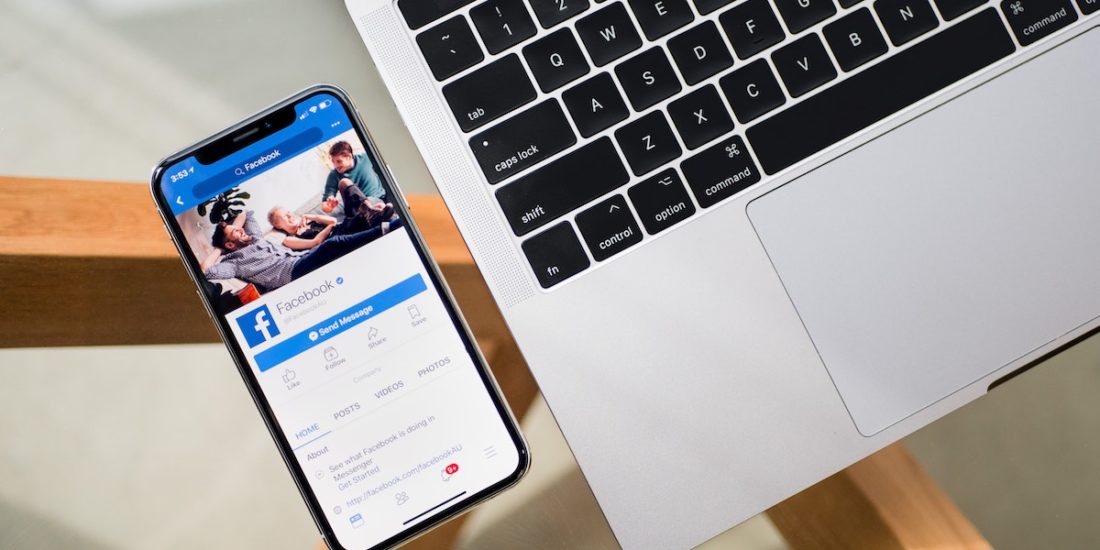
Sometimes GDPR might not be enough to protect privacy.
One of the biggest problems of 2018 is not politics or natural disasters but is privacy. Internet privacy, to be precise. Now everyone thinks twice before uploading their personal details or information to any service that is connected to the internet.
With concern this high, the thought of a smart device in their homes might sound ghastly.
Scary

And even more scary is the thought of one’s intimate conversations being sent to someone else, which turned true for a family in Portland, where their private conversation was sent to a random contact in their phonebook by their Amazon Echo.
Though it didn’t cause much harm due to the banal conversation, worse could happen if smart home technology digs deeper and deeper into our personal lives. Increasingly, smart home technology is not just about getting work done.
It is about gathering personal information and working with household members to get work done or to give timely reminders and notifications when it feels the need. And this, in turn, is a gamble between privacy and utility.
Privacy

Though every one of us was shocked and concerned about the Facebook privacy breach not many among us took action. How many of us actually amended our privacy settings, or even quit Facebook?
Not many. But still, the danger is real. If such a problem could be caused just in the virtual space, when we bring that technology to our daily appliances, the risks can broaden out. If Facebook can read every single message, then our smart home appliances can hear every single thing that we say.
Well, that is about the virtual space. What about our home appliances?
Well, a recent survey by Deloitte found that forty percent of the ones who partook in the survey to determine how people are cautious about smart home devices admitted that they think that their smart home appliances reveal too much about their personal lives.
And that is true. Even our cars take a measure of our personal data, but they can’t be paralleled to the amount of information that is used by smart home appliances.
Also is the danger to be hacked. If a particular app or service takes over almost all the functions of a house or does not function, then the household member can be trapped. Cyber attacks are increasing nowadays, and it does not seem to be slowing down. If a house functions predominantly on smart home technology, then a small bug or hack can have the whole house under lockdown.
Antidote

Well, is there an antidote? Yes. Trust. Though it might be hard to trust a new service at first, companies should strive to develop that trust, because what is involved is personal data of individuals, and that is something that cannot be played with.
Companies will have to be more transparent with the way they manage personal data and should implement practices like personal data encryption, storage and especially having the customer to have a degree of control over his own data. And if these steps are followed, on the road to the future, there won’t be a need for concern.





